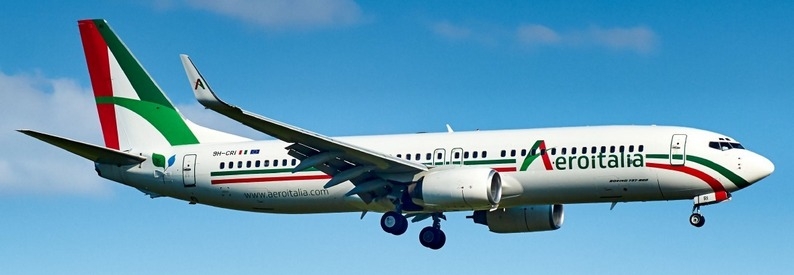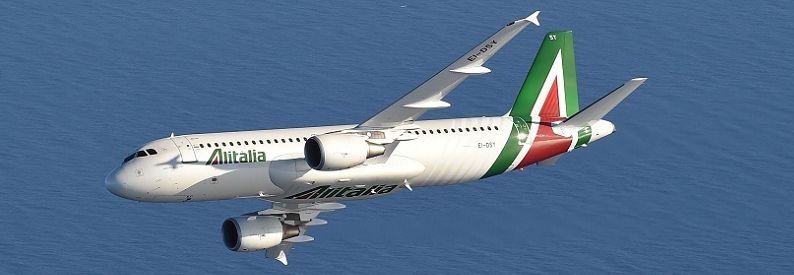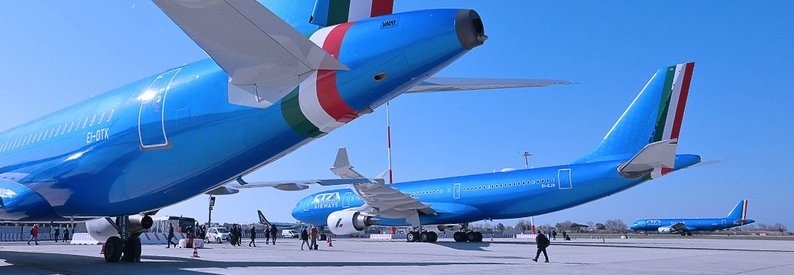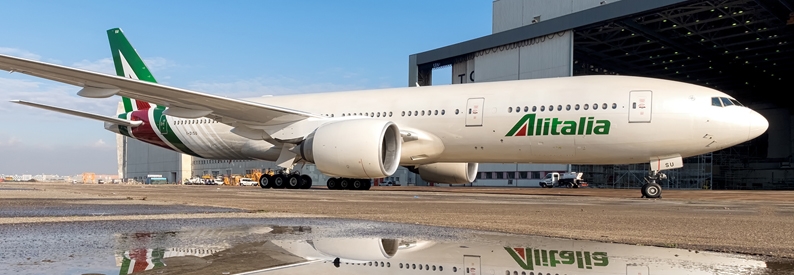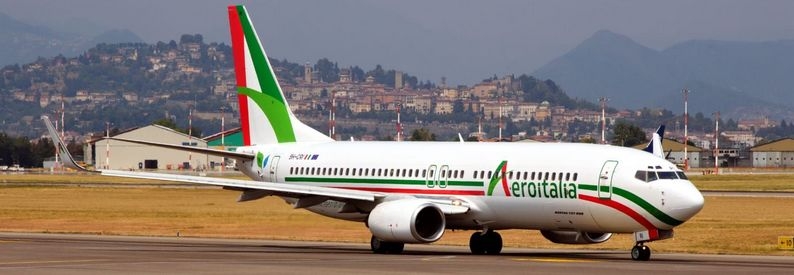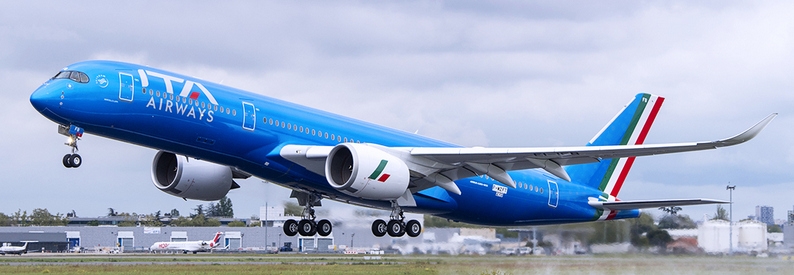Italy's government is aiming to take control of Alitalia (AZA, Rome Fiumicino) within the coming month, reshaping it into a new company that will initially have a far smaller fleet, union sources told Reuters news agency.
The new Alitalia will start with 25 to 30 aircraft, the country's Ministry of Economic Development informed unions on March 23. The ch-aviation Commercial Aviation Aircraft Data module shows that the carrier currently has a fleet of 113 aircraft, meaning that around 75% of its aircraft would be let go.
The government did not reveal what this meant for the flag carrier’s 11,000-strong workforce.
“The government said that 25 to 30 aircraft would only be the starting point, but we are concerned the fleet will not be expanded once the emergency is over,” one of the sources confided to Reuters.
The Italian General Confederation of Labour (Confederazione Generale Italiana del Lavoro - CGIL) and its affiliated union the Italian Federation of Transport Workers (Federazione Italiana Lavoratori Trasporti - FILT) said they had asked the government for more details about the plan, stressing that it should protect jobs.
“Even if we acknowledge the serious crisis that the country is experiencing, a new Alitalia should be created with the idea of developing it and increasing its flights once the emergency is over,” the unions said in a joint statement.
A meeting between unions and the ministers of economic development, labour, and transport is scheduled for March 30, the Unione Sindacale di Base (USB) said in a statement.
Meanwhile, a call for expressions of interest in the acquisition of business units belonging to liquidated carrier Air Italy (Milan Malpensa) has been posted on its website. The deadline was March 25 and the notice concerned one or both branches of the company relating to aviation and maintenance.
Eight unions had previously requested in a document signed on March 23 that Air Italy, “which preserves a heritage of unique skills, be included in a larger project to relaunch the entire national air transport industry, to finally fulfil a public service function that was always ignored by other carriers.”

